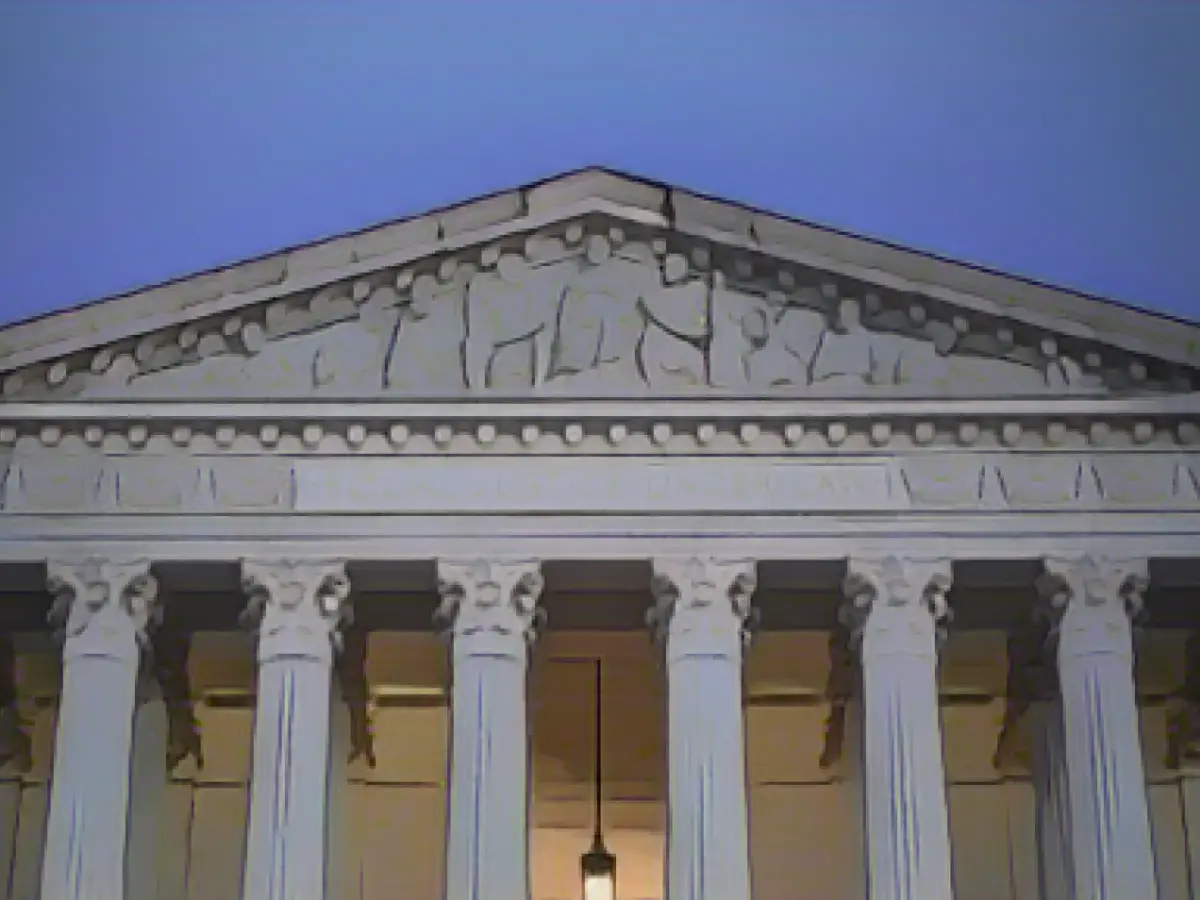The U.S. Supreme Court is set to rule on abortion pill restrictions by mid-2024, causing concerns among women's rights advocates. This decision follows the Court of Appeal in Louisiana's ruling in favor of limiting mifepristone use to the first seven weeks of pregnancy and requiring prescriptions from doctors only. The manufacturer, Danco Laboratories, and the U.S. government challenged this decision, with the Supreme Court temporarily maintaining the pill's availability under current rules until legal disputes are resolved in April.
Mifepristone, a vital component in more than half of U.S. abortions, has been used by over 5.6 million women since its approval in 2000, with minimal reported complications. The U.S. abortion debate has reached a boiling point, with conservative courts restricting access to abortions and opponents aiming to remove the pill from the market nationwide.
President Biden has strongly opposed any restrictions on abortion pills, stating that decisions should be made between a woman and her doctor. Abortion rights activists and women's health advocates have pressed the Court to protect women's access to the abortion pill. In the event of a Supreme Court ruling in favor of restrictions, immediate legal challenges are expected.
The stakes are high, with potential consequences for women's reproductive rights across the U.S. The pending Supreme Court decision is part of a broader conflict between states opting to restrict or protect reproductive healthcare rights, with some teetering on the brink of significant legal and political battles.
Enrichment Insights
The Supreme Court's inaction on Louisiana's near-total abortion ban and the reclassification of mifepristone and misoprostol as "controlled dangerous substances" has allowed state-by-state regulations to dominate. This patchwork approach affects women's ability to access medication abortions, rendering them a luxury for those living in urban areas or willing to travel. Shield laws established in Democratic states provide limited protection to healthcare providers offering abortions, but these laws are under direct challenge in the case against Dr. Margaret Carpenter.
Telemedicine services have shown promise in expanding access to reproductive healthcare in areas where in-person services are limited. However, the potential chilling effect on doctors willing to offer telemedicine abortion services could further restrict access to medication abortions. The ongoing legal and political battles surrounding reproductive rights may return to the Supreme Court, potentially leading to further challenges and policy changes.
Healthcare providers practicing in states with strict abortion bans face increased risks and potential prosecution. This climate encourages a decrease in the number of providers willing to deliver these services, ultimately limiting access to reproductive healthcare. Moreover, the reclassification of mifepristone and misoprostol in Louisiana has introduced additional steps for these drugs' distribution, which may result in delays for time-sensitive care, posing public health implications.








